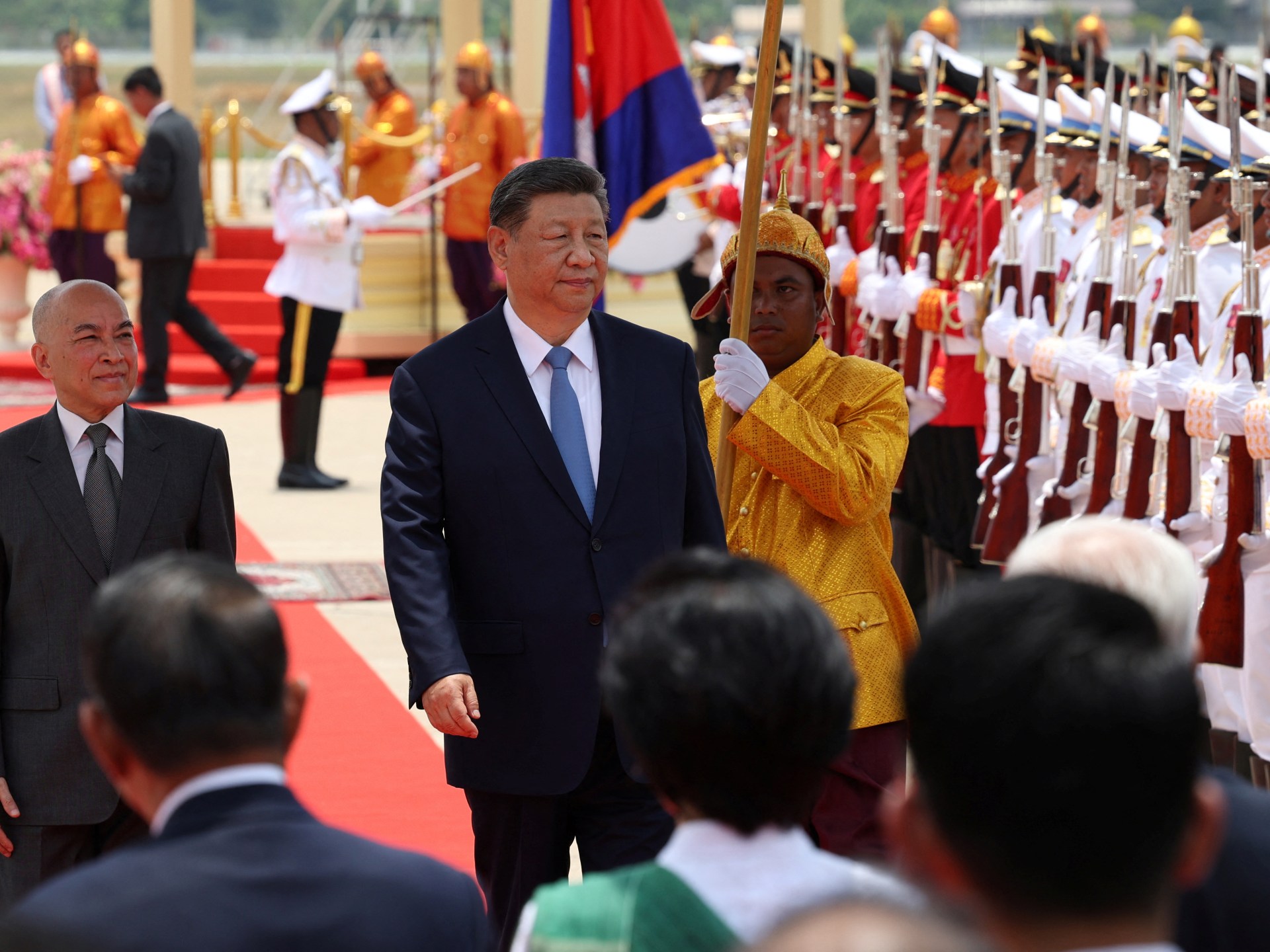Xi's Diplomatic Lifeline: Cambodia Turns to China Amid US Trade Tensions

Cambodia Emerges as Strategic Focal Point in Xi Jinping's Regional Diplomacy
As Chinese President Xi Jinping continues his diplomatic tour of Southeast Asia, Cambodia has taken center stage, revealing the profound economic and strategic ties between Beijing and Phnom Penh. A striking economic insight underscores the depth of this relationship: Chinese investors and businesses currently control approximately 50% of Cambodian enterprises exporting to the United States.
This significant economic footprint highlights Cambodia's growing importance in China's regional strategy, demonstrating how economic influence can be a powerful tool of diplomatic engagement. The bilateral relationship extends beyond mere trade, reflecting a complex interplay of economic interdependence and strategic alignment.
The substantial Chinese stake in Cambodian export businesses not only provides Beijing with economic leverage but also strengthens its geopolitical positioning in a region of increasing global strategic importance. For Cambodia, this partnership offers economic opportunities and potential development pathways, while simultaneously positioning the country as a key player in China's expansive regional economic network.
As Xi's tour continues, the Cambodia leg serves as a compelling illustration of China's nuanced approach to regional diplomacy, blending economic investment with strategic relationship-building.
